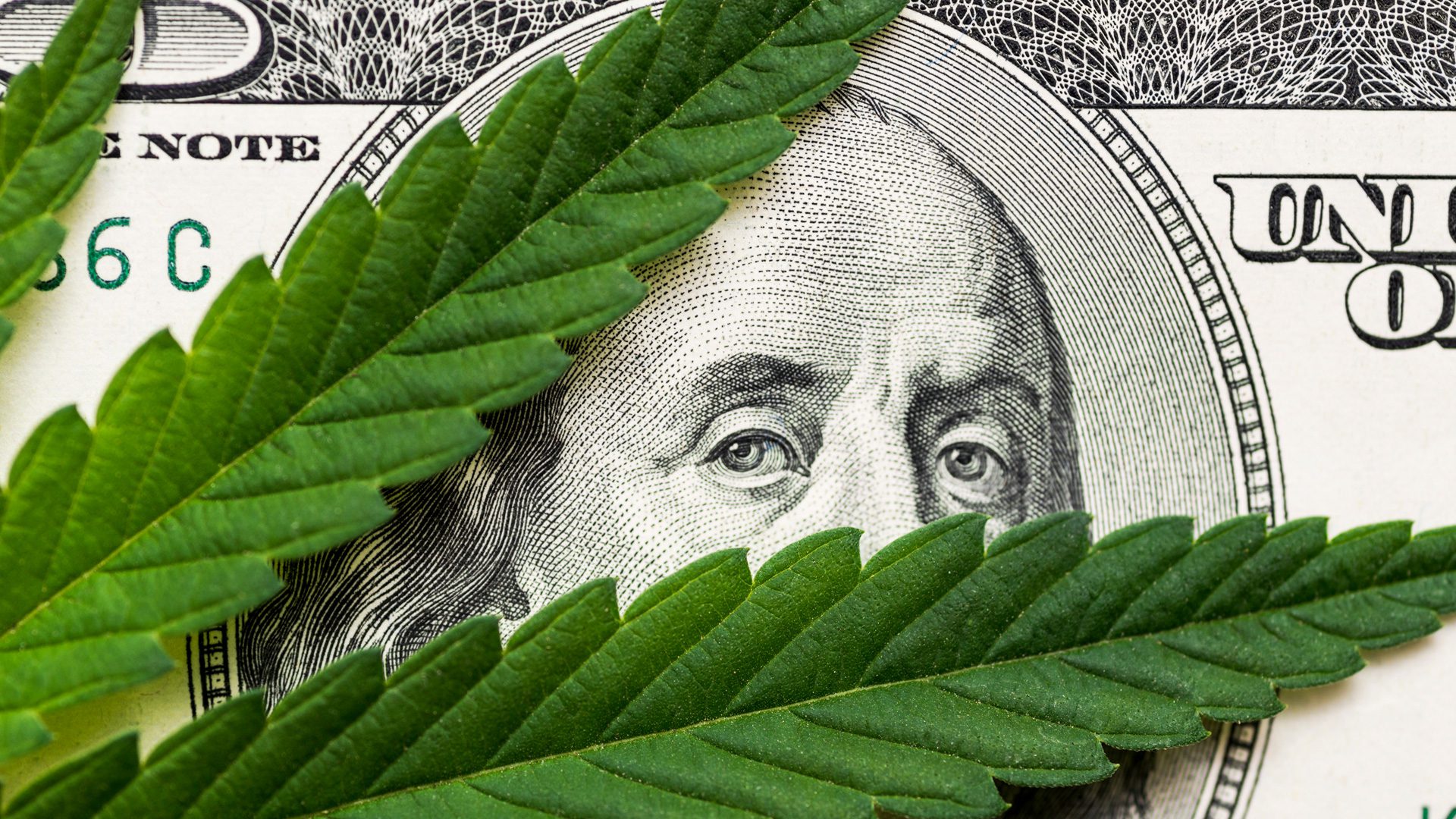
As the regulated sale of cannabis increasingly becomes sanctioned under state law, federal implications arising from its classification as a controlled substance continue to frustrate those in the banking industry who view the meteoric rise of the cannabis industry as a promising opportunity (legal market sales in 2022 are expected to reach $33 billion[1]). Despite the U.S. Department of Justice’s (“DOJ”) continued adherence to its non-enforcement stance as first outlined in the (now rescinded) Cole Memorandum, financial institutions that provide professional services to state-sanctioned cannabis businesses continue to face the potential for severe consequences stemming from, among other things, violation of the Controlled Substances Act, the Bank Secrecy Act, and anti-money laundering laws. Members of Congress have attempted, and failed, to address this uncertainty through the Secure and Fair Enforcement (SAFE) Banking Act. In its most basic sense, the SAFE Banking Act sought to prohibit federal regulators from penalizing a depository institution for providing banking services to a legitimate cannabis-related business (a business that complies with state law and the 2018 Farm Bill or Agriculture Improvement Act of 2018). Although the DOJ has not made it a priority to prosecute financial institutions for providing services to cannabis-related businesses, the majority of these institutions remain wary of acting without a change in federal law. Unfortunately, the SAFE Banking Act has repeatedly died in the Senate after passing in the House of Representatives on seven occasions.
Following President Biden’s October 6, 2022, statement on marijuana reform, focus predictably shifted back to Congress and ultimately to the SAFE Banking Act. While the SAFE Banking Act has always counted members from both sides of aisle among its supporters, a new concept has been introduced via the “SAFE Banking Act Plus” that, aptly so, aspires to not only revive the principal thrust of the SAFE Banking Act but also address broad social inequity in the cannabis sector that Senate Democrats criticized the original proposed legislation for failing to address.
Although no draft text of the SAFE Banking Act Plus has been released, information coming from Capitol Hill suggests that the prospect of the act is an exciting development because this act, unlike its predecessor, will have a formidable chance of becoming law. Democratic members of Congress have historically led the charge on marijuana reform at the federal level; however, despite having nine Republican co-sponsors, the SAFE Banking Act failed to pass in the Senate because of intra-party displeasure at how the act, as drafted, had overwhelmingly favored large-industry interests. Such quarrels have previously led to the Senate Majority Leader expressing that he will not advance the SAFE Banking Act in his chamber. However, the SAFE Banking Act Plus is expected to be different.
In addition to protecting banking institutions from scrutiny for dealing with legitimate cannabis businesses, the SAFE Banking Act Plus would expand small business loan eligibility to cannabis businesses, it would afford veterans access to medical marijuana through the U.S. Department of Veterans Affairs, and it would provide financial resources to states for administrative costs relating to expungement efforts. Proponents of the SAFE Banking Act Plus are optimistic that the act will strike a much-needed compromise among Democratic Senators that will garner widespread support. Political analysts predict that the bill is likely to pass during the so-called “lame duck session,” prior to the new Congress being sworn in in January 2023.
Evidence suggests that federal regulators have generally taken a laissez-faire approach to enforcement when it comes to financial institutions banking the cannabis industry. Although this might suggest that the Safe Banking Act Plus would have little practical effect—to an industry that thrives on its aversion to risk, the Safe Banking Act Plus, if passed, will provide financial institutions interested in working with the cannabis industry with much-needed reassurance that they are federally compliant, especially as political winds shift.
———————————————————–
This alert should not be construed as legal advice or a legal opinion on any specific facts or circumstances. This alert is not intended to create, and receipt of it does not constitute a lawyer-client relationship. The contents are intended for general informational purposes only, and you are urged to consult your attorney concerning any particular situation and any specific legal question you may have. We are working diligently to remain well informed and up to date on information and advisements as they become available. As such, please contact us if you need help addressing any of the issues discussed in this alert or any other issues or concerns you may have relating to your business. We are ready to help guide you through these challenging times.
Unless expressly provided, this alert does not constitute written tax advice as described in 31 C.F.R. §10, et seq. and is not intended or written by us to be used or relied on as written tax advice for any purpose including, without limitation, the marketing of any transaction addressed herein. Any U.S. federal tax advice rendered by DarrowEverett LLP shall be conspicuously labeled as such, shall include a discussion of all relevant facts and circumstances, as well as of any representations, statements, findings, or agreements (including projections, financial forecasts, or appraisals) upon which we rely, applicable to transactions discussed therein in compliance with 31 C.F.R. §10.37, shall relate the applicable law and authorities to the facts, and shall set forth any applicable limits on the use of such advice.
[1] https://fortune.com/2022/04/11/legal-marijuana-sales-33-billion-2022/



